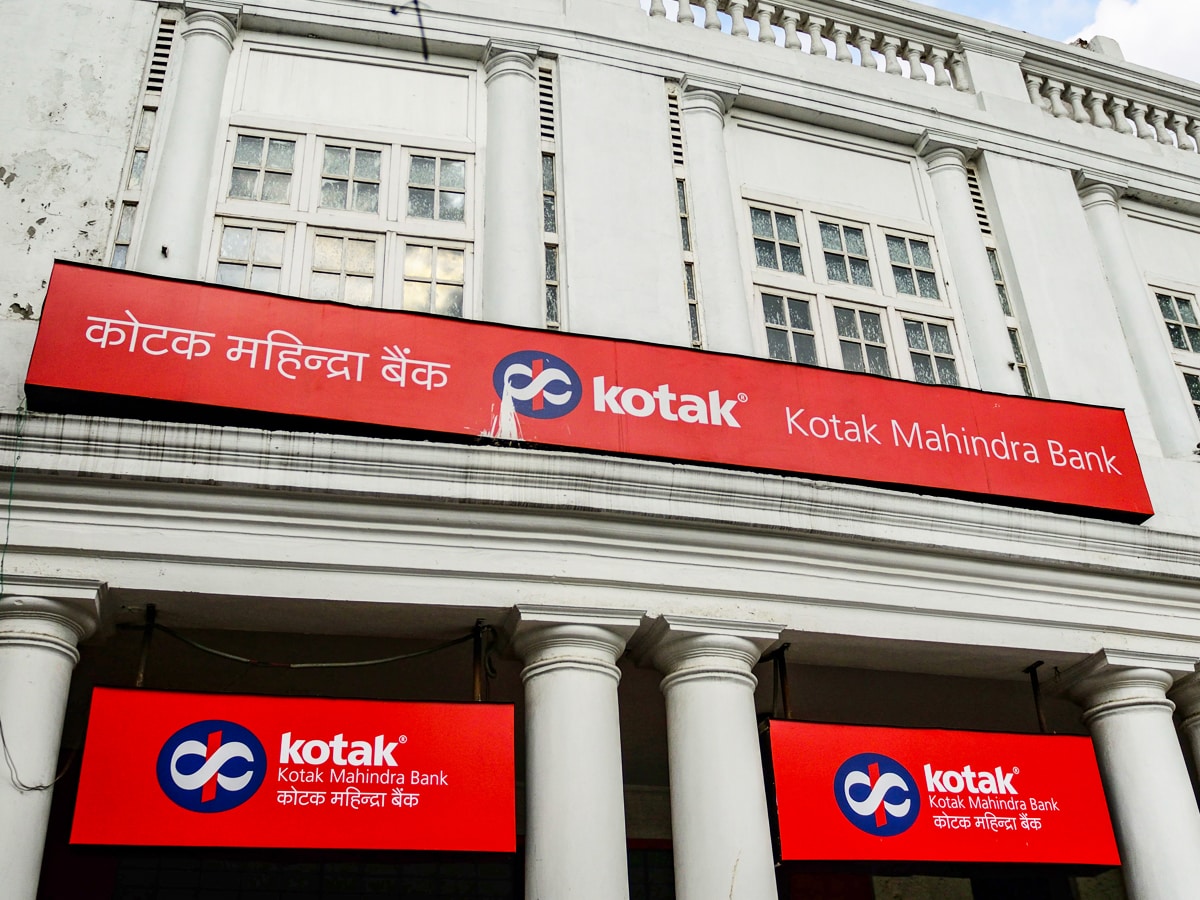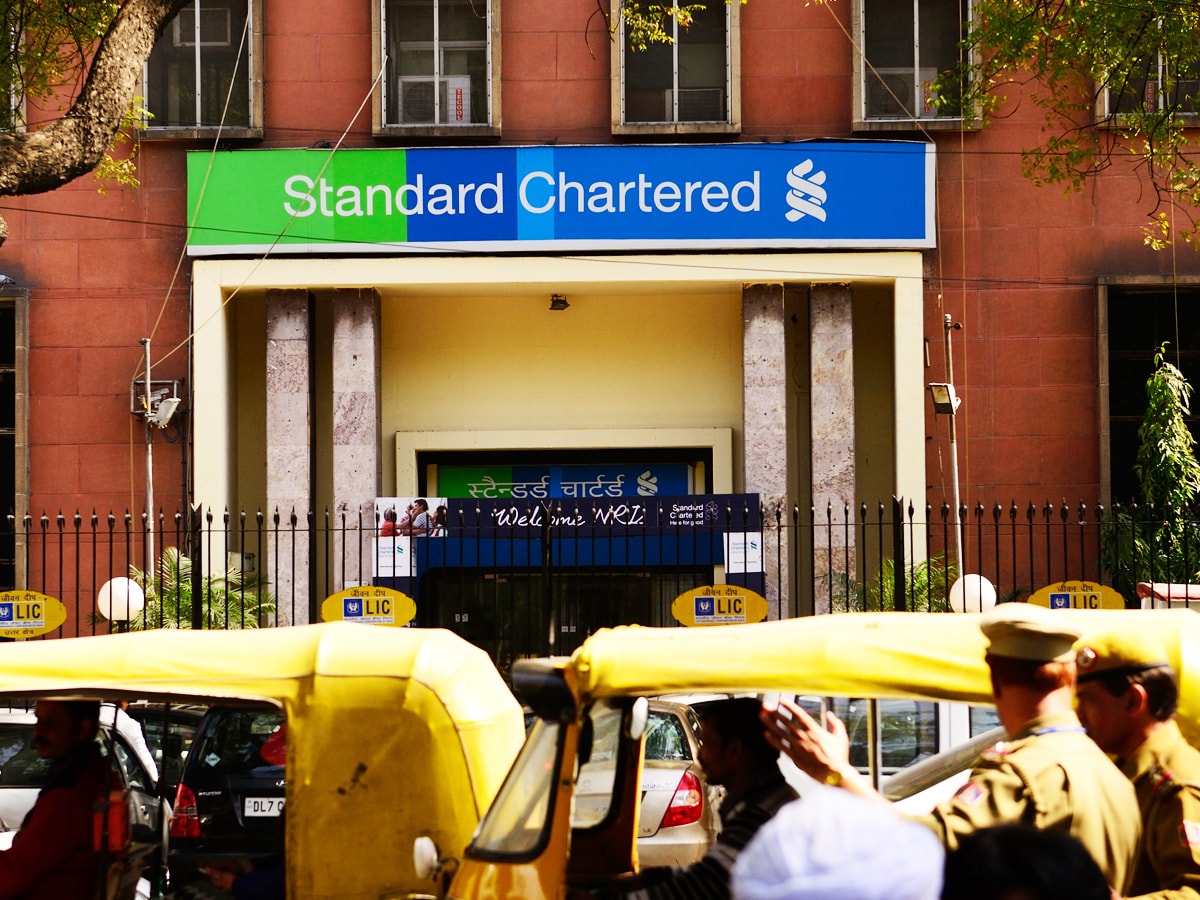Kotak Mahindra Bank acquires Standard Chartered India's personal loan book
The acquisition will help Kotak Mahindra Bank expand its unsecured loan book. But it will need to scout for larger acquisitions in the future to push ahead of its nearest rival Axis Bank
 Image: Pradeep Gaur/Mint via Getty Images
Image: Pradeep Gaur/Mint via Getty Images
Kotak Mahindra Bank, which has an ambition to become India’s third largest private sector bank in terms of profit, on Friday announced that it will acquire the personal loan book of Standard Chartered Bank in India.
This would further strengthen its position in the retail credit market, Kotak Mahindra Bank (KMB) said in a statement, coming at a time when the regulator Reserve Bank of India has barred it from sourcing new customers digitally.
As of September 30, 2024, this transaction comprises a total loan outstanding of around Rs 4,100 crore (equivalent to around $490 million). The transaction is expected to be completed over the next three months, subject to regulatory and other approvals.
This acquisition aligns with KMBL’s strategy to transform for scale and focus on customer-centric growth, the bank said, adding that it was a “high-quality loan book” which would allow KMB to build on its strength in the affluent customer segment and further reinforces its leadership in the retail lending space.
KMB has been trying to increase its presence in the unsecured retail segment and this acquisition would help it build the book further,” says



















